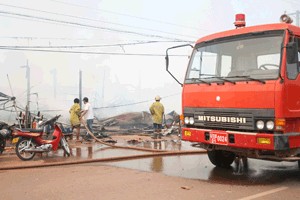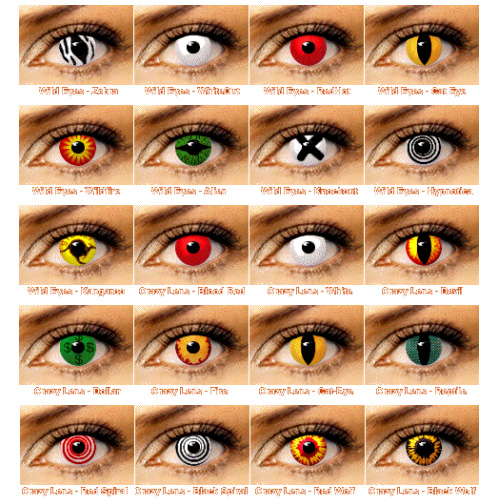Fixed Import Tariffs To Continue Until 2013
The government will continue to set a fixed price as a reference for import tariffs on some commodities until 2013, despite calls from international companies to abolish the trade barriers, the Ministry of Finance announced.
The government will continue to use the fixed price system to levy duties on some imported goods for the remainder of this year and the next. Customs officials will begin to apply levies based on the actual price of most imported goods leading up to 2013, as this is one of the main requirements for Laos to become a member of World Trade Organisation, the department said in its announcement.
However, the government will maintain the fixed price system on some commodities, in particular on imported fuel. The decision to keep the fixed price duty on imported fuel until 2013 was made after careful study by financial policy makers. They concluded that the abolishment of a fixed levy on strategic commodities such as fuel would not only lead to fluctuating fuel prices but also unpredictable revenue from fuel imports. Fuel import tariffs account for more than 30 percent of the total revenues the government collects from imported commodities, according to finance officials.
In 2009 the government maintained the price setting for duties levied despite a drop in oil prices on the world market due to the global financial crisis. The move was aimed to ensure the government could achieve its revenue collection targets for that year. However, when the price of fuel rose after the world economy recovered, the government kept the fixed price low to minimise the impact that higher oil prices would have on Lao motorists and the economy as a whole.
The abolishment of fixed pricing in relation to duties levied on imports in 2013 is expected to benefit a number of importers, in particular those who import motor vehicles from Thailand.
The government levies a different import duty on Thai, Chinese and Korean vehicles. The reference price for Thai vehicles is currently set higher than that for Korean and Chinese vehicles, giving Chinese and Korean automakers an advantage.
Importers want Lao customs officers to stop enforcing the government-imposed price on imported goods as they consider it to be a major trade barrier. An importer of Thai vehicles said his company was having trouble selling sedans in Laos because customs officers did not charge import tariffs based on the actual price of the vehicles but on the imposed price. This made it difficult to compete with other companies.
Source: Vientiane Times



